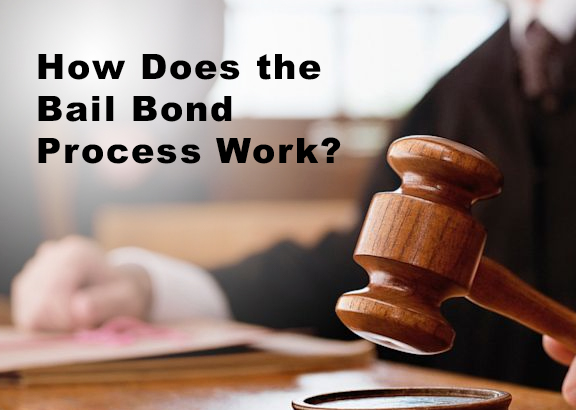
Global Citizen recently made the discovery that currently over 350,000 innocent people are in jail. One of the prime reasons for this is that most people worldwide live below the poverty line, making them not financially stable enough to afford to post bail.
Bail is a set of pre-trial restrictions imposed on a suspect to ensure they comply with the judicial process; it often comes in form of a conditional release of the defendant with the promise to appear in court when required. The defendant is often granted permission to pay their bail in cash. Still, since they often require a significant amount of money, many are unable to afford it and remain behind bars.
However, a defendant may seek assistance from a bail bondsman (known as a bail agent), who may post their bail. Below are some well-elaborated pointers that critically explain what a bail bond is and how it works.
How Does a Bail Bond Work
As simple as it may seem, understanding the complexity of paying a bail bond is crucial. The basic principle of a bail bond is paying money for an arrested convict, and the person goes free. However, there are more essential details of this process, involving the following:
- Knowing how the court of law arrives on the bail amount
- Understanding the method used to pay the bail
- The conditions that apply to the bail bond
It is crucial to comprehend that bail is not a means of punishment, but rather a means of minimizing jail congestion and ensuring the arrestee reports back to the court without having to keep them in custody as the gradual legal process takes place.
Bail can be granted at any time of the legal process. When an arrestee is taken into custody, one out of three things may happen:
- the suspect may be charged and discharged on bail
- the convict is charged and lingers in custody until his/her case is settled
- the arrestee may be liberated
Things to Consider About Bail Bonds
Types of Bail Bonds
Some of the most common kinds of bonds are surety and cash. A cash bond may tend to be more expensive compared to a surety bond because you often end up paying the full amount. While a surety/bail bond is set for more grim offenses such as felonies, and it often includes a third party or a bail agent.
What You Can Use as Collateral
Every bond entity has its conditions on what could improvise as collateral. Anything that is considered to be worth a hefty amount of money is acceptable.
Factors that Influence the Bail Amount
Although offenses have a typical amount depending on the seriousness of the crime, a judge has the power to add to the bail value if he/she wishes to, this mainly happens if the convict has a wide range of criminal records.
What to Know in Order to Get a Bail Bond
If you wish to bail out a pal or a relative, there are a few factors that should remain etched in your mind, for instance, their booking number, full name, and the precise amount of bail.
What Are the Benefits of Bail
When one is granted bail, they are also likely to be told its rules and regulations. Some of which may appear to be disadvantageous, while others which may seem advantageous. Below are some of its benefits.
Recover the Funds
This is amidst one of the most crucial advantages of obtaining bail. You are likely to salvage a fortune even after paying the bail bond. The number of funds that will be required at the jail or as stated by the judge may result in a fraction of the needed amount. Fulfill the requirements of the bail and you will receive you money back.
Gives You Time to Prepare for Your Trial
While you are under police custody, you are likely to experience a lot of anxiety and tension because of the security around. Arrestees should work on their cases with their lawyer discreetly, which means that a third party should not be involved. Moreover, lawyers and arrestees are granted limited time to converse while under custody.
Once you pay bail and are released, you are likely to grasp your thoughts together and prepare for your trial without facing any obstacle. This will simplify the process of getting witnesses, reviewing events related to the case, and combining vital facts.
Relaxation
The chances of an arrestee having peace of mind while behind bars are slim, which may be a huge issue when making vital choices. On the other hand, once you attain bail, you are likely to suppress your anxiety and stress and make sound decisions with your lawyer’s assistance.
Is It Possible to Be Denied Bail
When bail was first created during the 13th century in England, it had its limitations, one of which was that it was not to apply to every arrestee. As stated initially, bail is insurance between the court of law and the convict. However, if the covenant made amidst the two parties is broken, the suspect’s bail will be automatically declined.
Since the judge has the power to either accept or decline your bail, they have an obligation of evaluating your offense. If your crime is too serious and you also pose a threat to society, you are most likely to be denied bail. Another way your bail can be nullified is if you have committed the same offense previously.
Whether you are granted bail depends on the significance of your offense, for instance, if you have committed a minor crime such as fraud, your white collar crime lawyer may be able to assist you and ensure you obtain bail.




